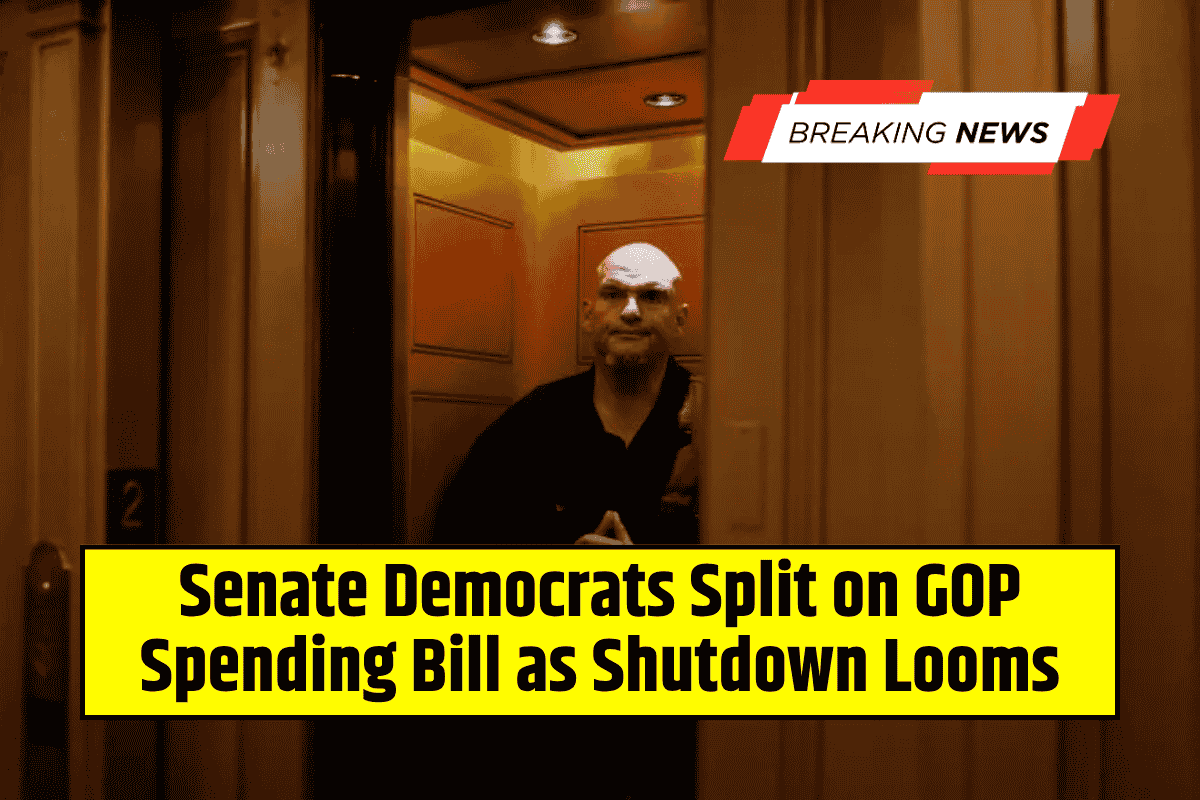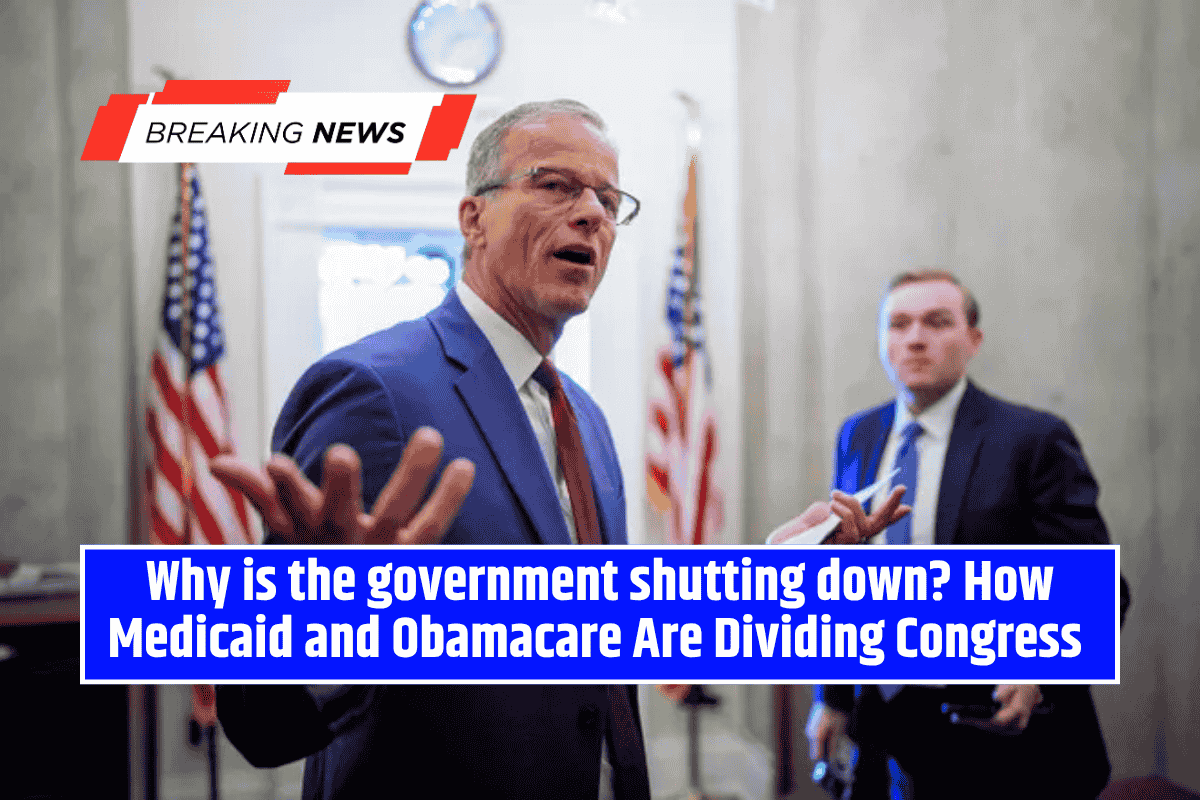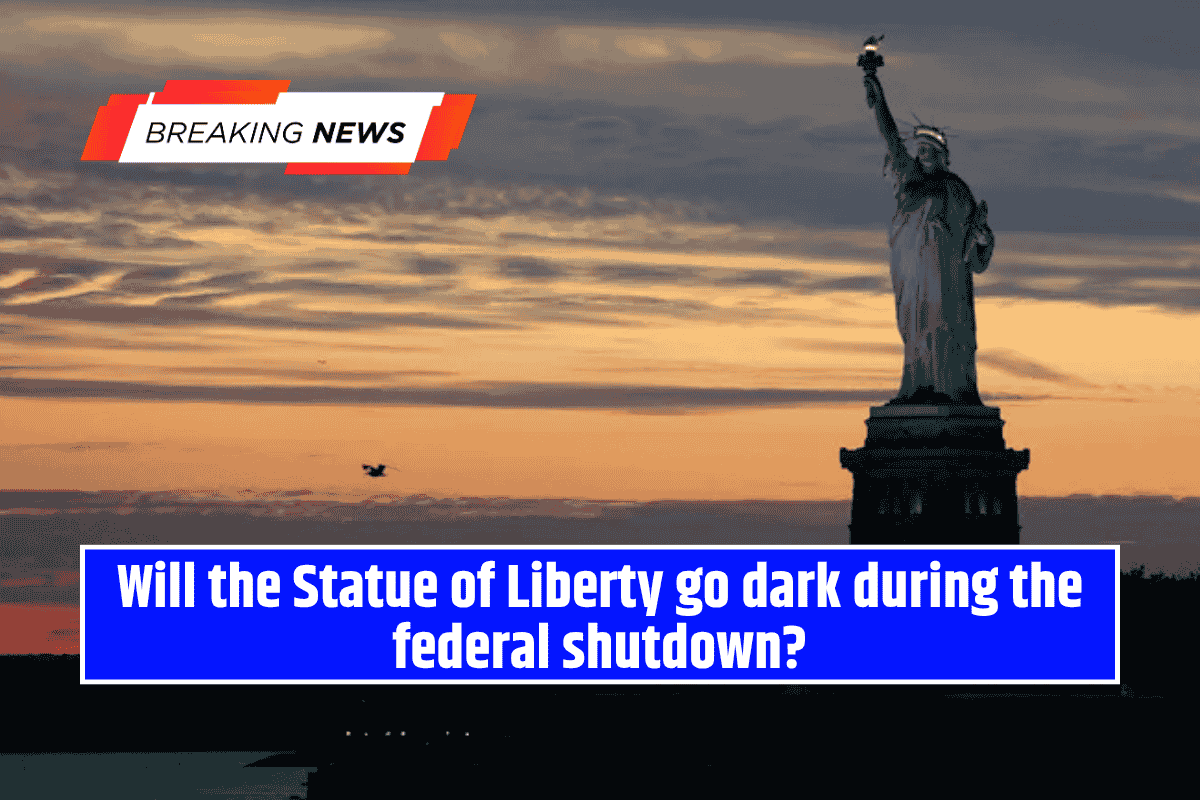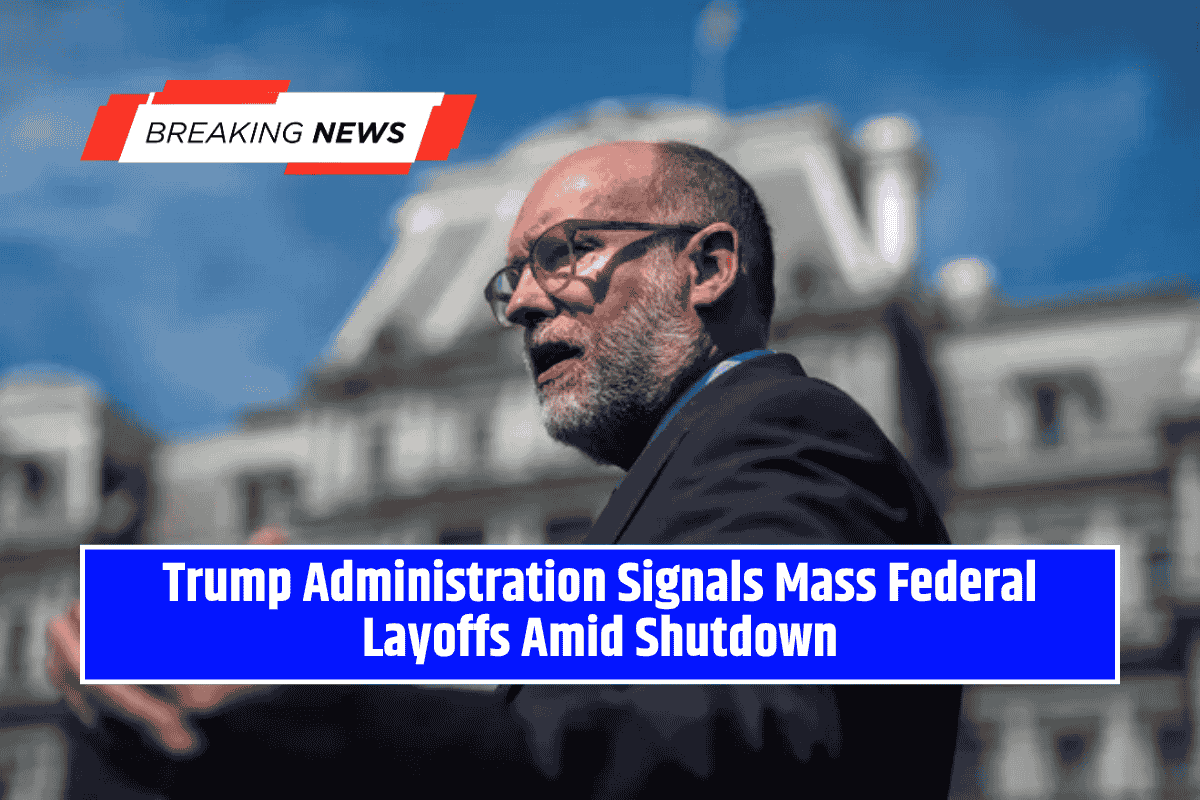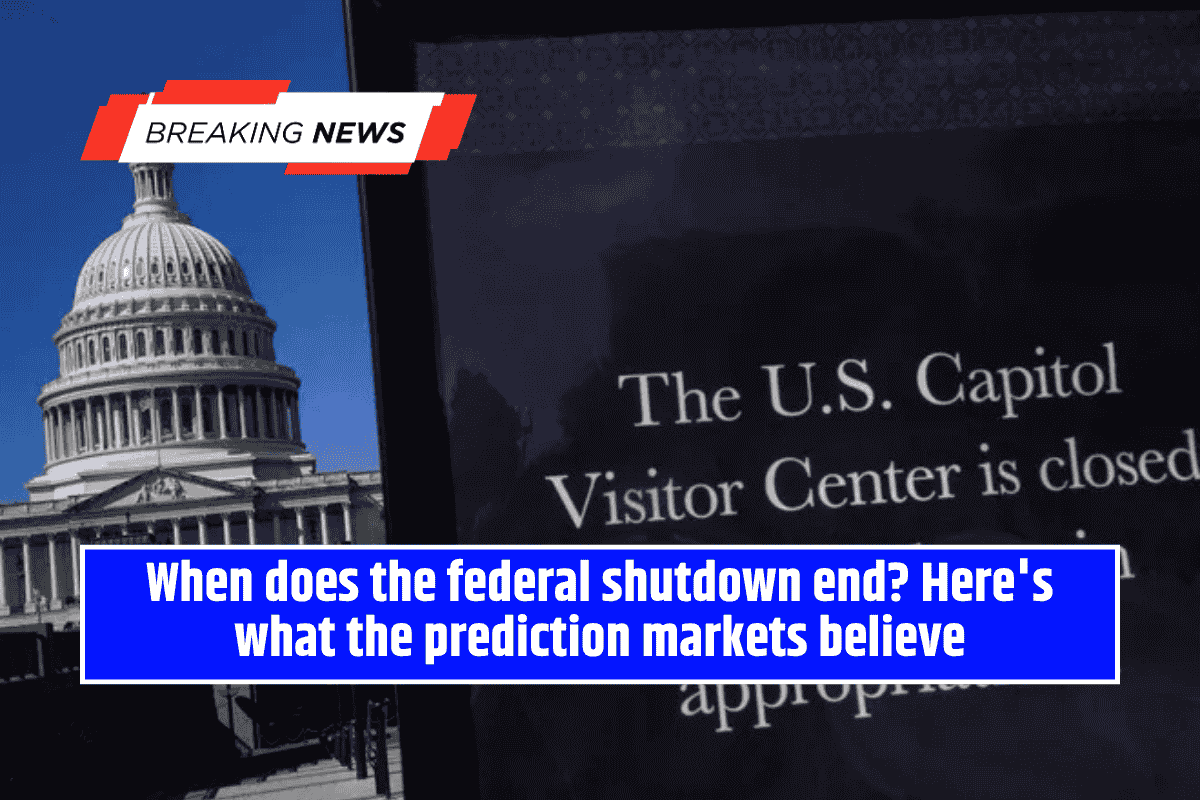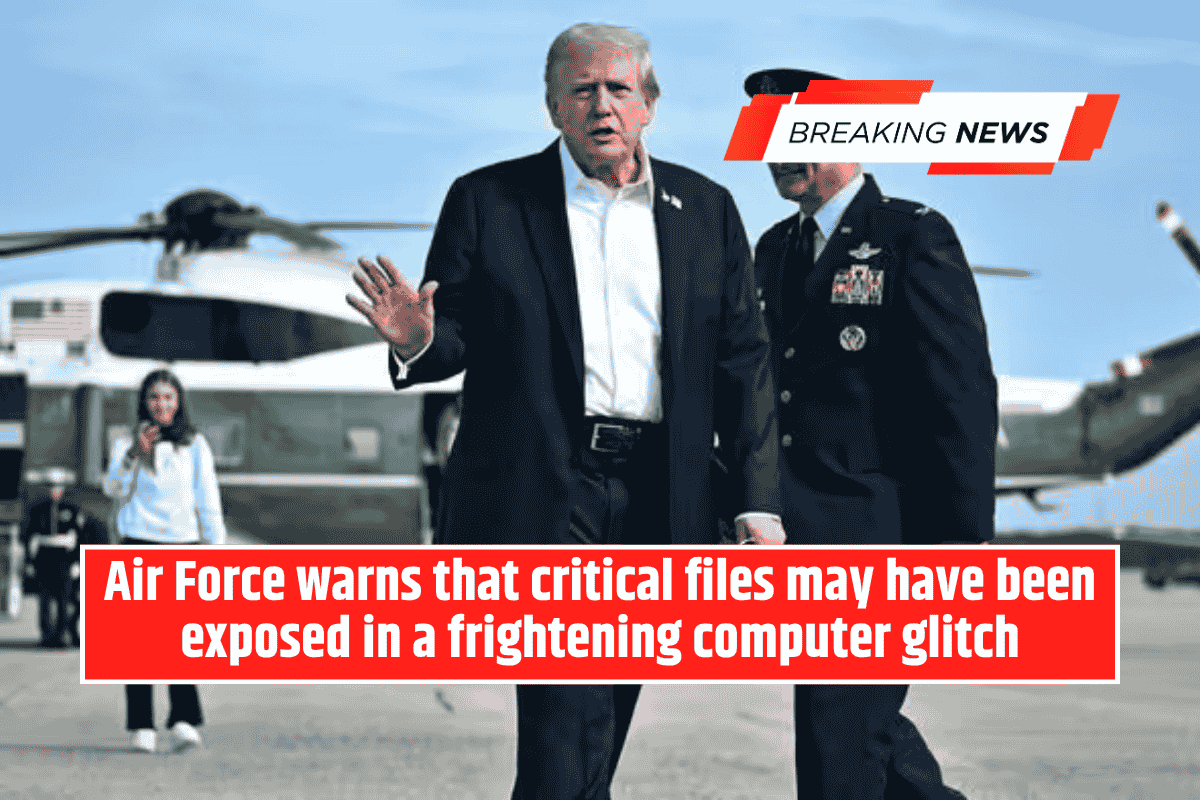As the federal government faced a shutdown on September 30, a handful of Senate Democrats broke with their party and voted in favor of a Republican-backed funding measure.
The proposal, which would have kept the government funded through November 21, ultimately failed by a 55–45 vote. Republicans hold a narrow majority in the chamber but fell short of the 60 votes needed to pass the extension.
Democrats Who Crossed the Aisle
Senators John Fetterman (D-PA) and Catherine Cortez Masto (D-NV), along with Sen. Angus King (I-ME), who caucuses with Democrats, joined Republicans in supporting the measure.
Their decision reflected concerns about the economic and social consequences of a shutdown, particularly for federal workers and struggling families.
Cortez Masto issued a statement underscoring her reasoning:
“President Trump and Congressional Republicans are already hurting Nevadans who are dealing with high costs, an economic slowdown, and a looming health care crisis. That’s why I cannot support a costly shutdown that would hurt Nevada families and hand even more power to this reckless administration.”
Democratic Unity Holds—With Exceptions
While the defections highlighted some anxiety within Democratic ranks, most Senate Democrats remained united against the GOP’s bill. They argued that Republicans’ approach would enable the Trump administration to tighten control over federal spending.
Earlier in the evening, Democrats advanced their own funding proposal, which failed 47–53 along party lines.
That bill aimed to reverse cuts to Medicaid and public media, extend health insurance subsidies, and create safeguards to prevent the White House from withholding funds already approved by Congress.
Shutdown Consequences for Workers
The looming shutdown posed serious risks for Americans, particularly federal workers. The White House had already threatened mass furloughs and layoffs, warning that civil service cuts could extend beyond temporary shutdown effects.
Government agencies were already on track to lose approximately 300,000 employees this year due to firings, retirements, buyouts, and resignations.
Political Fallout and Uncertainty Ahead
The failed votes highlighted the partisan deadlock in Washington. Despite some cross-party support, the funding impasse reflected deeper divides over federal priorities.
With the shutdown set to take effect, the political consequences may weigh heavily on both parties, as voters weigh blame for government dysfunction.
